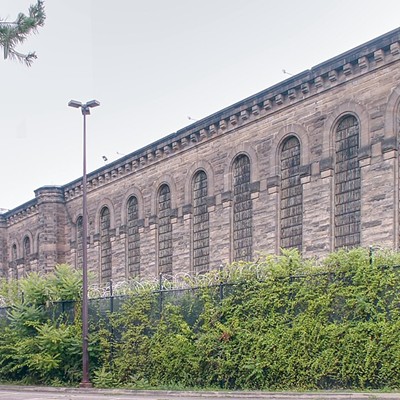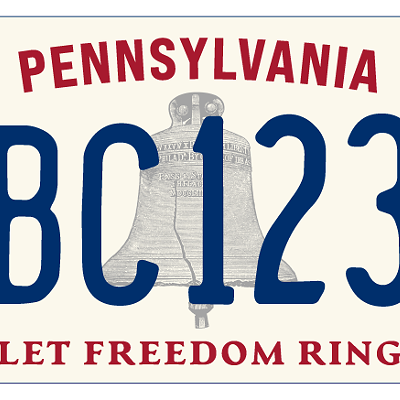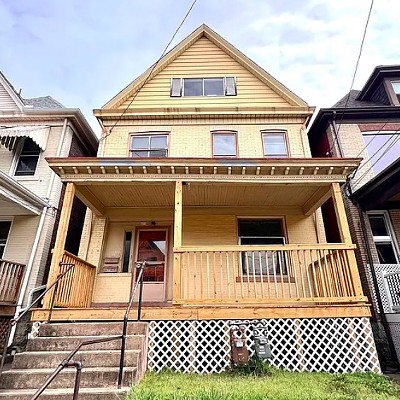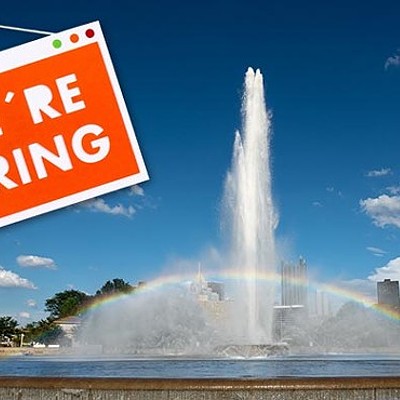There's a hole in the heart of Bakery Square. Look closely at redevelopment plans for East Liberty's defunct Nabisco plant, and you'll see it. It's a blacked-out square in a map of the project's "TIF District" -- a zone where development is eligible for $10 million in tax subsidies.
When he saw that hole, marked "Hotel Air Rights Parcel" on the map, Sam Williamson's first thought was, "What the hell is that?" It was just a tiny blot on a $113 million office/retail development. But it's large enough to swallow up UNITE HERE, the hotel-workers union Williamson represents.
Bakery Square will include a 120-room hotel, and Williamson was ready to invoke a 1999 city ordinance requiring hotels to sign a "labor peace" agreement if they wanted tax breaks. Under such agreements, if workers try to unionize, the hotel must refrain from bullying tactics. (In return, unions like UNITE HERE would not conduct pickets or boycotts.)
But the project's developer, Walnut Capital, doesn't like those rules. So attorneys for Mayor Luke Ravenstahl and the Urban Redevelopment Authority found an exemption. While Bakery Square is seeking tax breaks, the URA now claims, the 1999 law doesn't apply because ... the hotel will be on the second floor. The subsidies, see, apply only at ground level, not to projects using "air rights" above.
Never mind that those subsidies will pay for street and other improvements, which benefit the hotel along with everyone else. If you're above the ground, it seems, you're also above the law.
The URA's conclusion, says Williamson, "sort of came as a big surprise."
It sounds absurd, like saying you can't be ticketed for jaywalking if you hop instead. But no one seems to care. City Council is almost certain to approve the tax subsidy within the week. Only Leonard Bodack has taken up the hotel workers' cause.
Jack Shea, head of the Allegheny County Labor Council, often leaps to the defense of union members. But this time he's keeping quiet too. "I will lead the march when everybody [in labor] agrees," Shea says. But the labor council is an "umbrella group," he adds, and when unions don't agree he won't choose sides.
Which is too bad for hotel workers, because other unions support Bakery Square ... and not just politically.
Part of the project's financing comes from the Employee Real Estate Construction Trust Fund, which invests the pensions of union construction workers. By financing new construction, the fund keeps members working and pensions solvent. In such circumstances, says Shea, "Stopping people from working ain't what we're about."
The URA's labor-friendly treasurer, state Sen. Jim Ferlo, isn't likely to intervene either, even though he says the air-rights argument is "nonsensical" -- and even though Ferlo supported the 1999 ordinance as a city councilor.
The ordinance, Ferlo says, was passed during construction of Downtown's Renaissance hotel. Councilors worried that "a publicly subsidized hotel that wasn't unionized would hurt Downtown hotels that were unionized," he says. An East Liberty hotel doesn't pose that threat, nor will it have swank ballrooms or restaurants to help pad profits. "In a smaller operation, you don't have the same bottom line," Ferlo says. "That's the sort of thing the URA has to take into account" -- and as a board member, his duty is to "move quality development forward." Ferlo says that he's "encouraged the [hotel workers] and the administration to come to terms," and that the mayor and council should perhaps "clarify the ordinance" to take into account smaller hotels.
To Williamson, the law is clear already: It "doesn't specify Downtown hotels versus East End hotels, big ones versus small ones," he says. "It says 'hotels,' period."
You might be tempted to accuse city leaders of selling out: Ravenstahl, for example, received $16,000 in campaign money from Walnut Capital this year. Williamson, though, declined to say whether his union felt betrayed by anyone. All he'd say is "hope is fading" for a happy outcome. And in fairness, there's a lot to like about Bakery Square. Developers pledge to use "green" building practices, and to provide job training for underemployed residents.
But if we can overlook laws passed yesterday, how can we trust promises made today? The city is preparing to build a new casino and hockey arena, and neighborhood groups want guarantees that they will share in the benefits. How many of those promises, too, will end up in a black hole?













